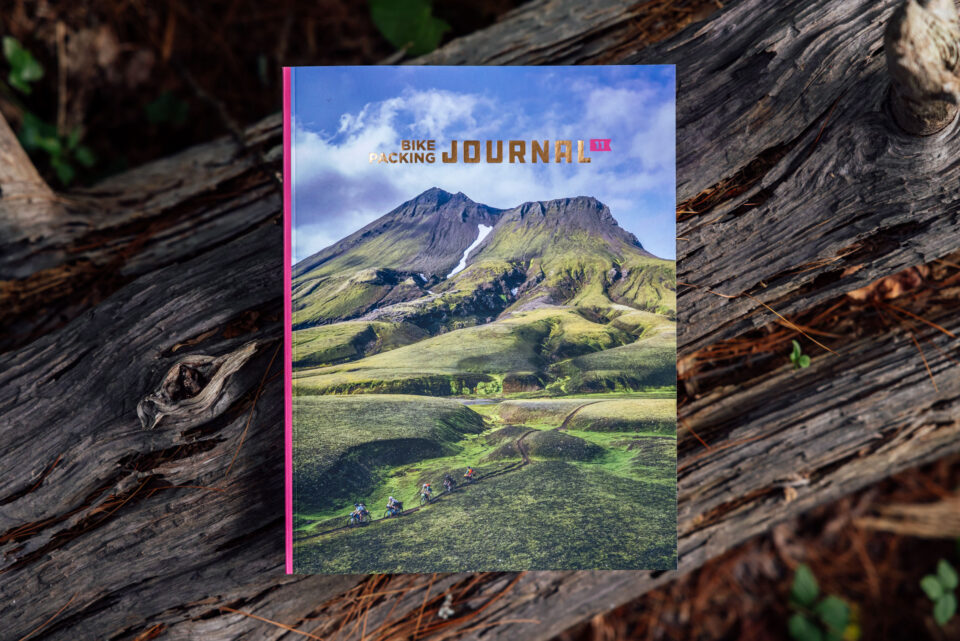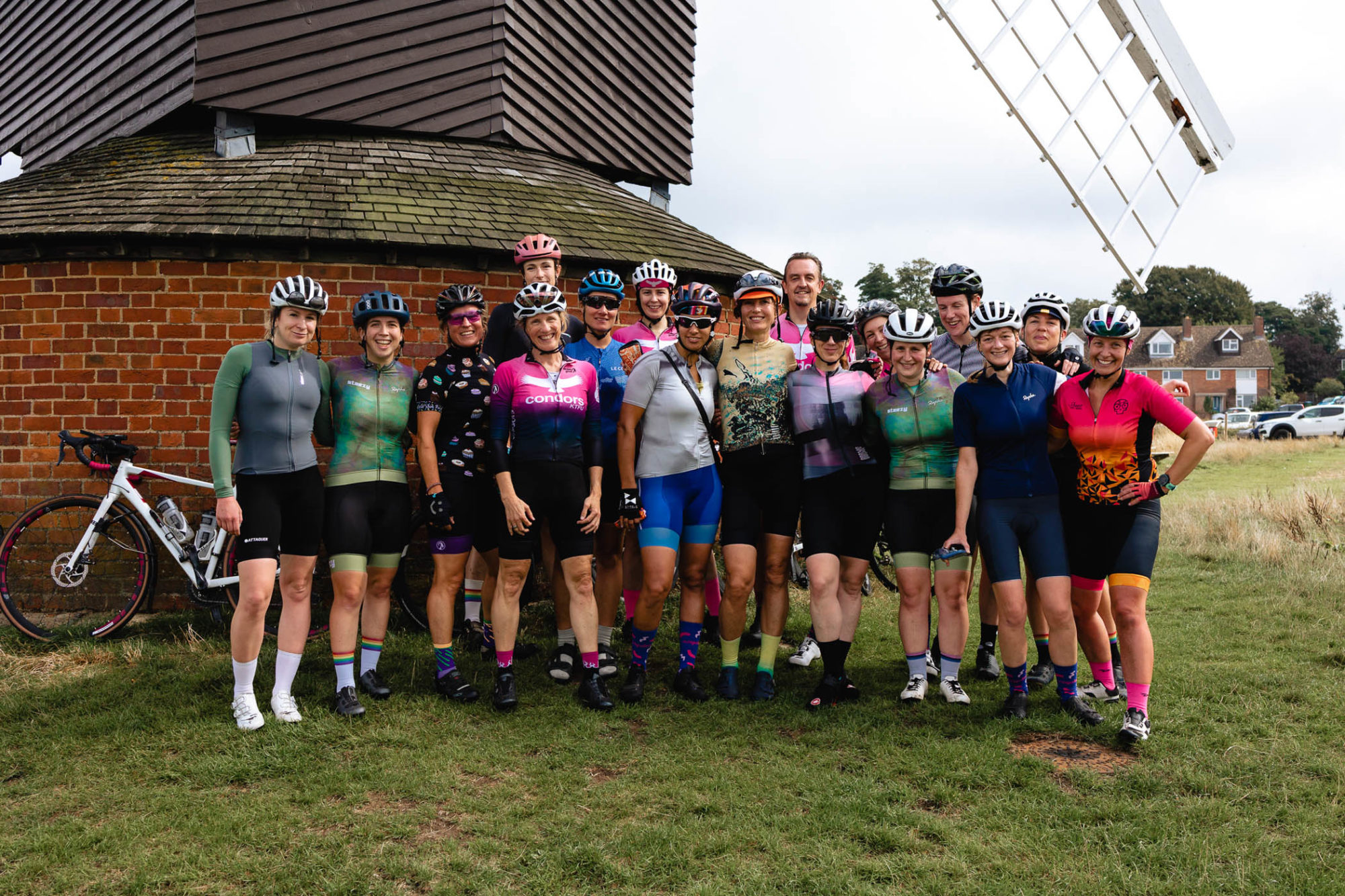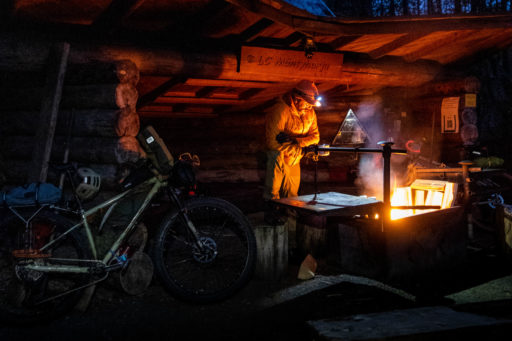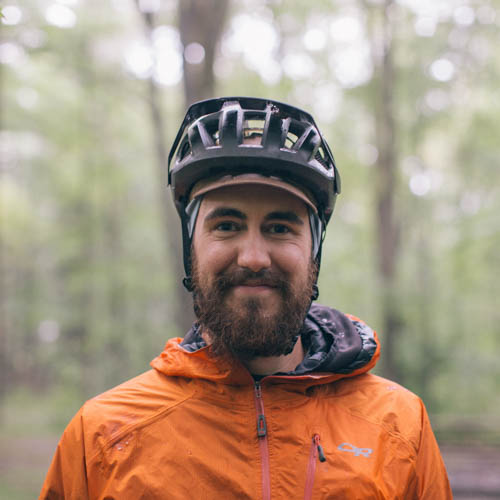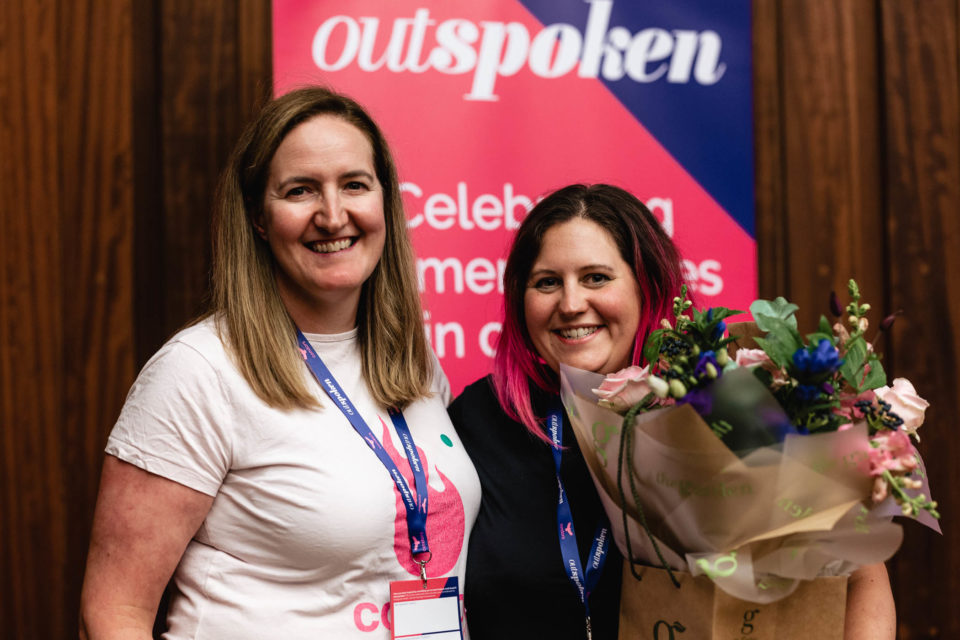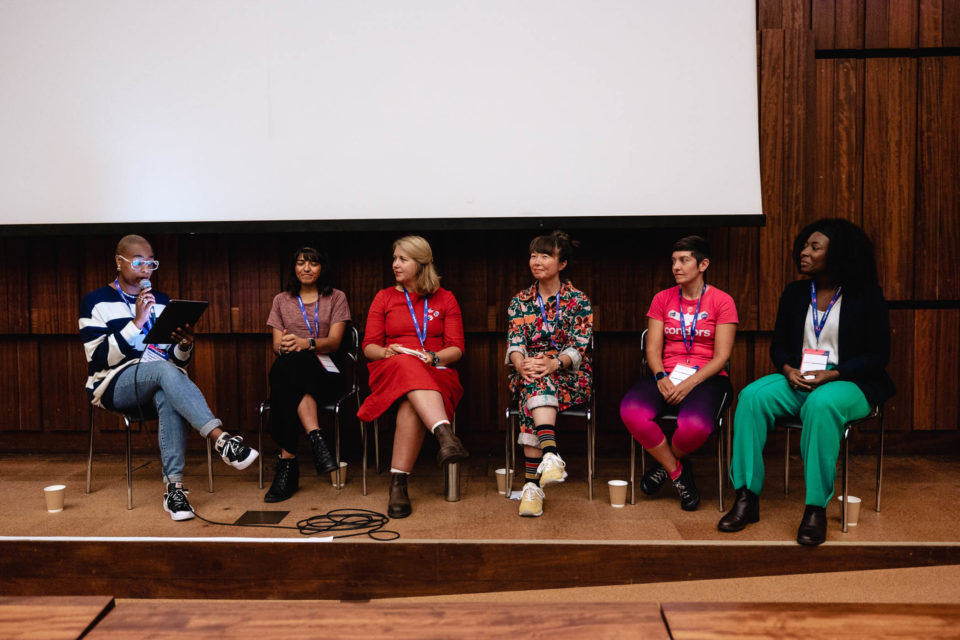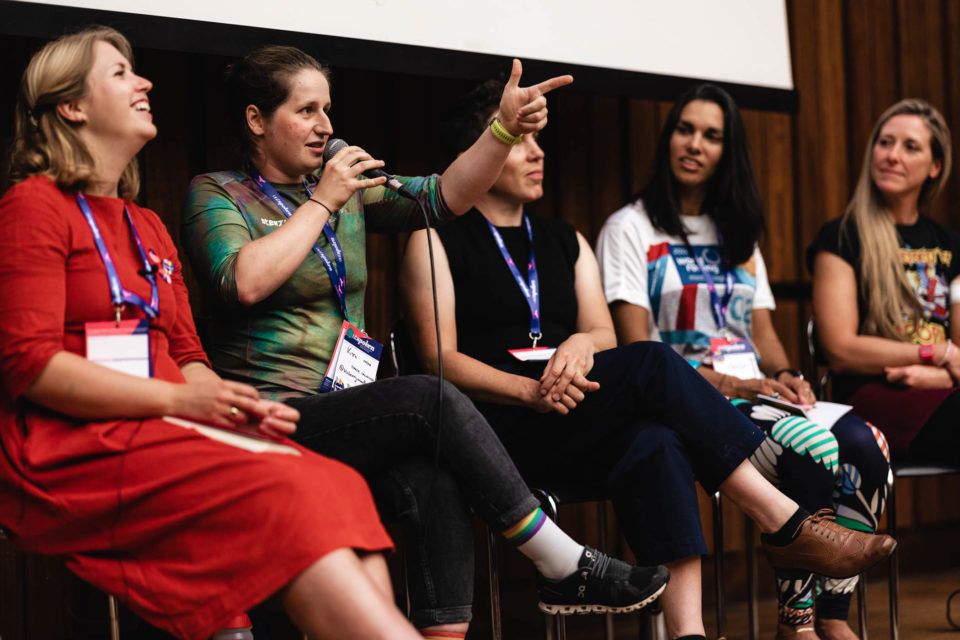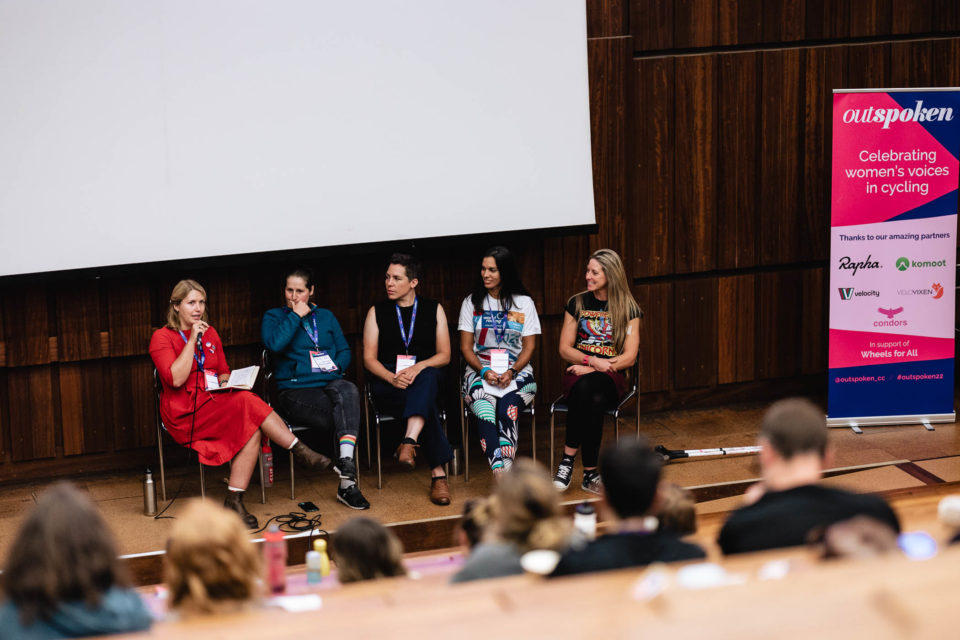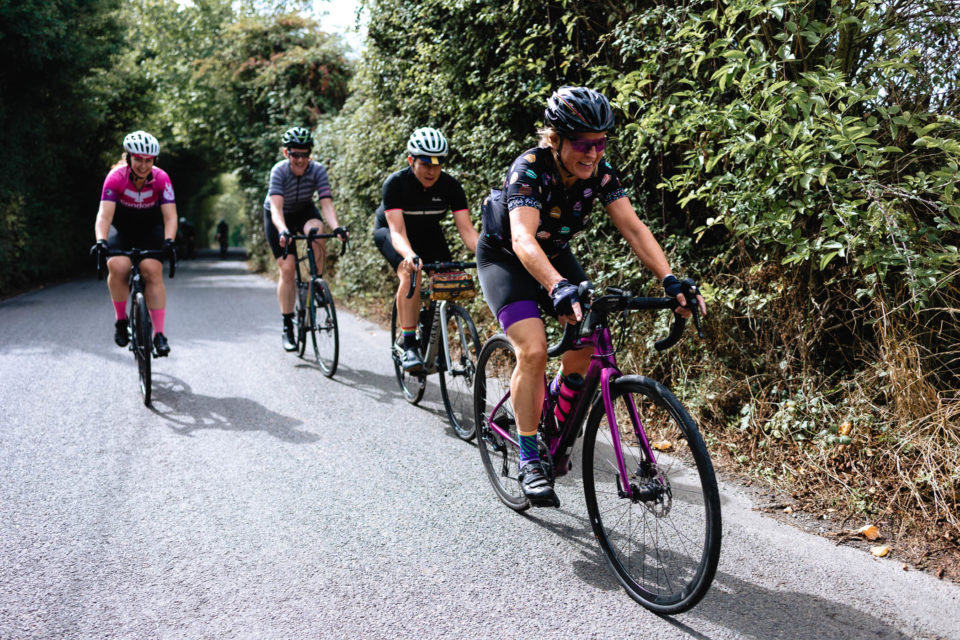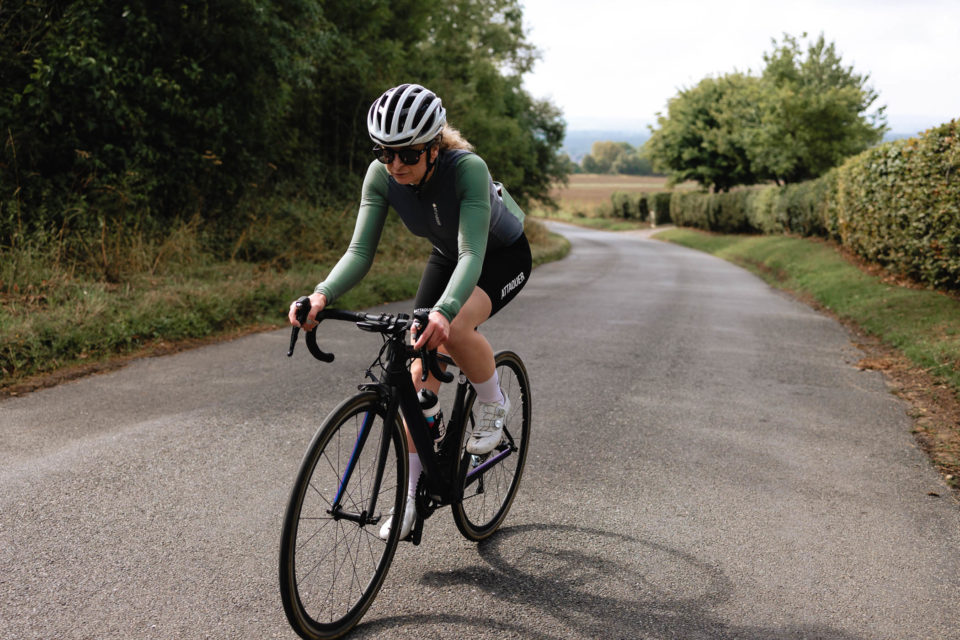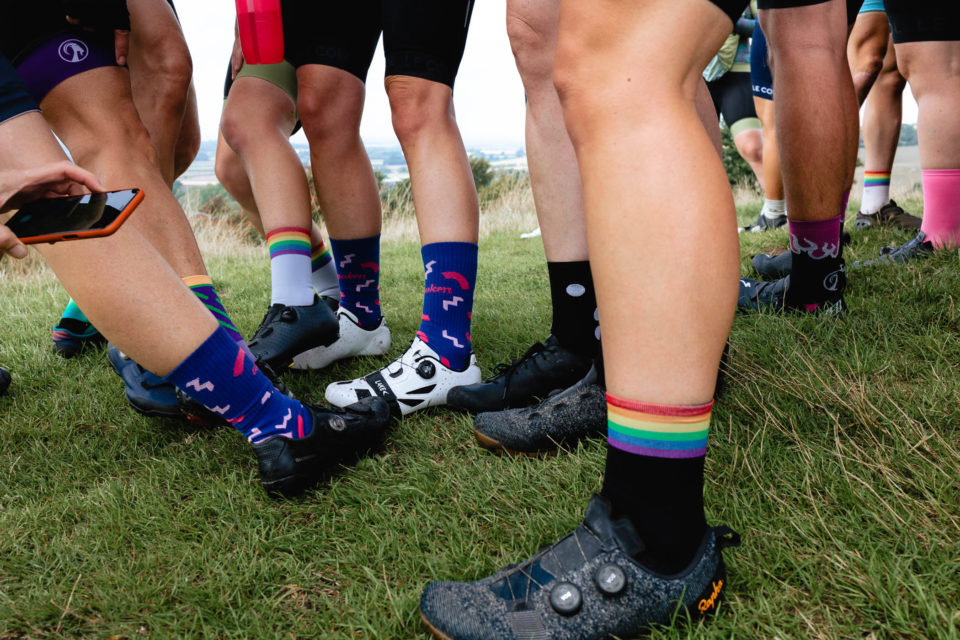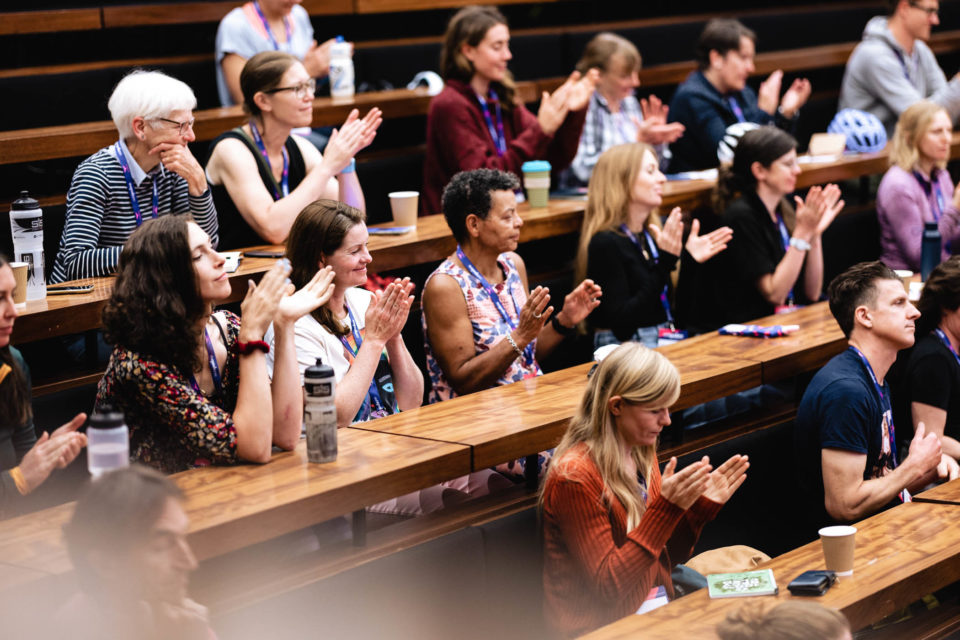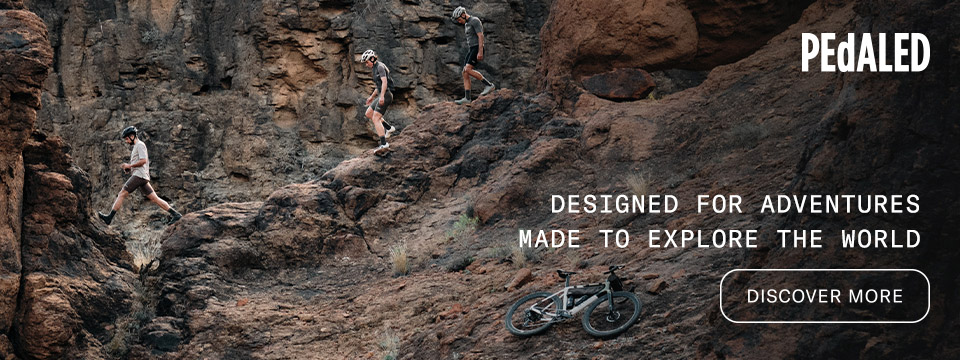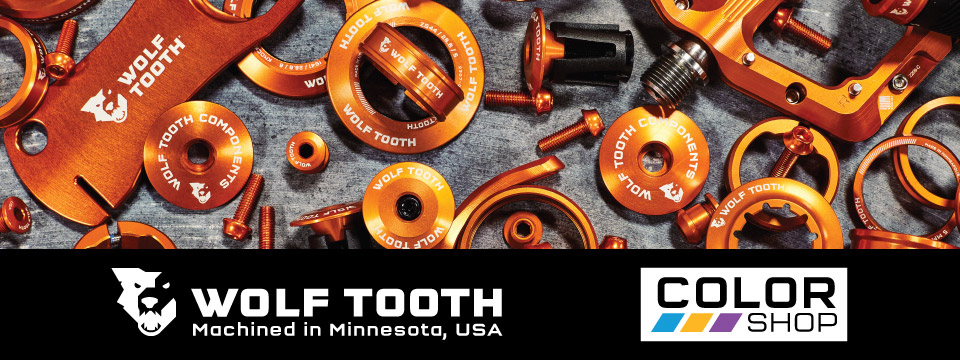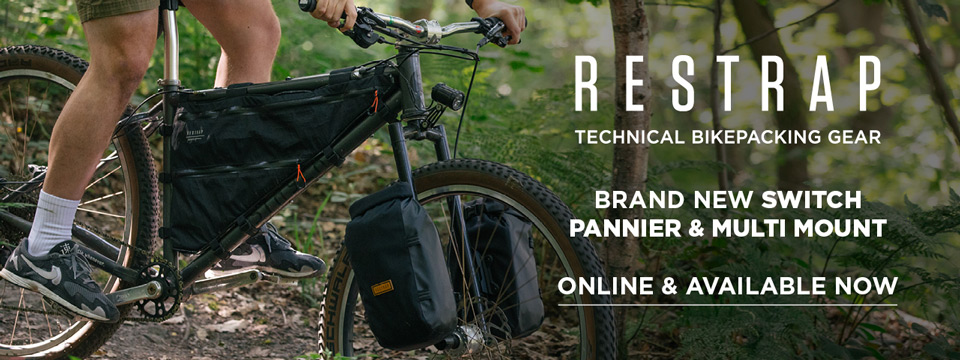Outspoken is a new two-day event in Oxford, UK, celebrating women’s voices in cycling through a weekend of presentations, discussions, and group rides. Find reflections on the inaugural event from the organizers, attendees, and panelists here…
Photos by Honor Elliott (@honorelliott)
Outspoken was a cycling event held in September 2022 in Oxford, UK, to celebrate women’s voices in cycling. A day of talks and panel sessions was followed by social rides the following morning. The event was run by a team of volunteers from Cowley Road Condors cycling club and welcomed cyclists from all over the UK to hear speakers, including Emily Chappell, Jools Walker, Jenni Gwiazdowski, Biola Babawale, Mel Nicholls, Vedangi Kulkarni, Eleanor Jaskowska, Kitty Dennis and Anisa Aubin.
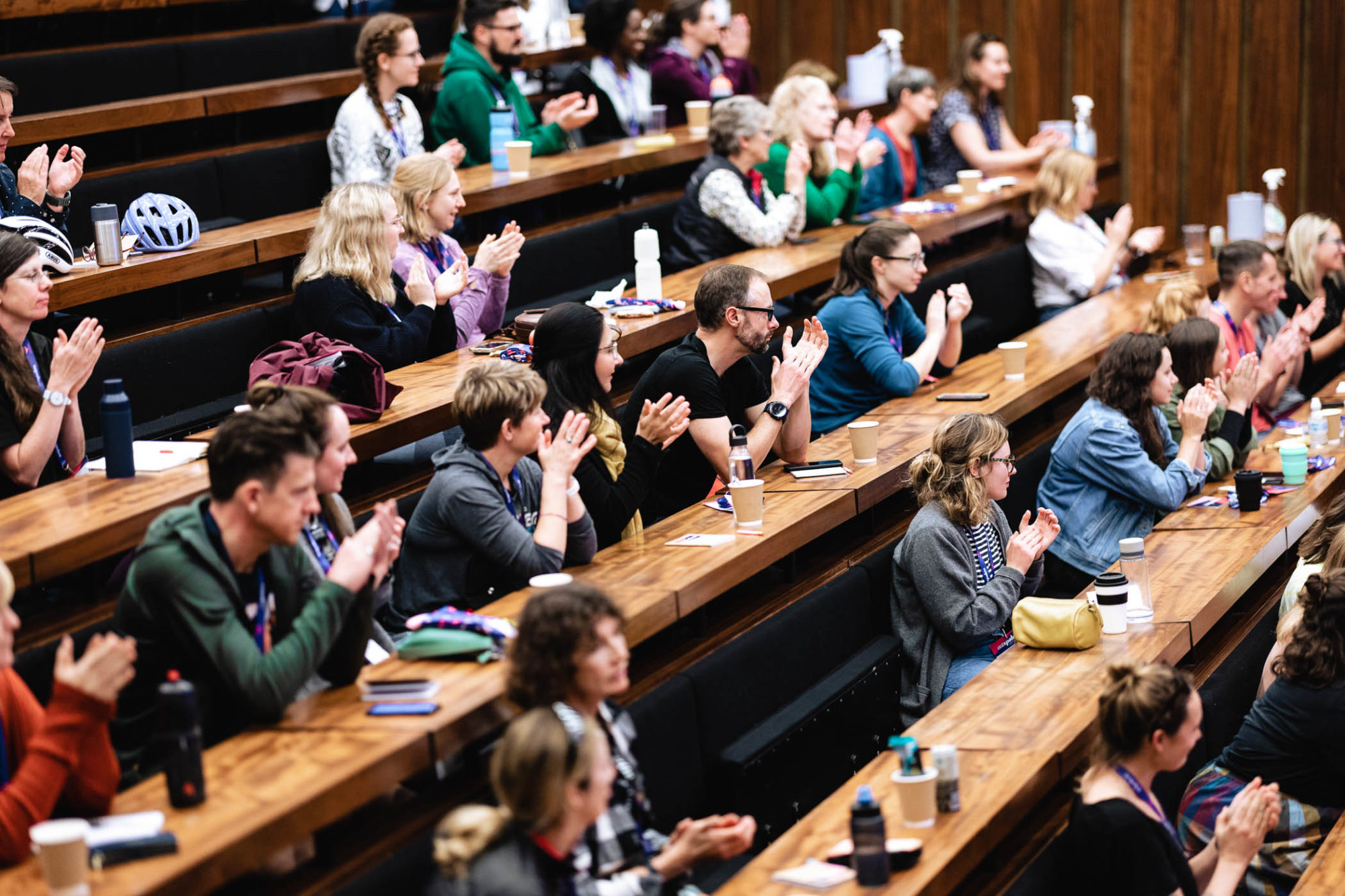
Creating Outspoken
Words by Jo Lankester (@josnow)
Throughout the process of creating Outspoken, I was asked why we were doing it. And while putting on an event like this is a huge commitment for the volunteers involved, the answer came easily: we fundamentally believe that the cycling industry would be improved if it were more diverse, and this event felt like a small way in which we could start to make a difference.
There are important conversations that need to be happening around how we can effect real change in our communities, break down the barriers to entry, and welcome more folks into our world of cycling. We hoped that by bringing folks together to celebrate women’s voices in cycling, share stories and experiences, and get inspired by each other’s adventures, we could demonstrate just how different the industry could be.
Crucially, we wanted to create a safe space for those conversations. Somewhere folks could come and be themselves and feel welcomed. A place to make friends and connections, spark a new idea, or help feed the flames for one that’s already there. We wanted people to leave the event with the permission or even mandate to enact the change they wanted to see. To take just one idea from the day and shift the needle, even if just by one degree.
In designing the programme, we aimed to weave together themes around asking what really makes a cyclist, how we can build truly inclusive spaces, and the various ways we see women pushing boundaries in cycling. The day itself was full of amazing inspiration, ideas, and conversation. In between the sessions and long into that evening, the noise of folks talking, swapping stories, experiences and ideas filled the room. I think Jools Walker really summed up the day by saying “We’re going to come away from this stronger, more thoughtful, more aware of who is around us and what we’re doing to make those spaces more open and welcoming, and we will find our joy.”
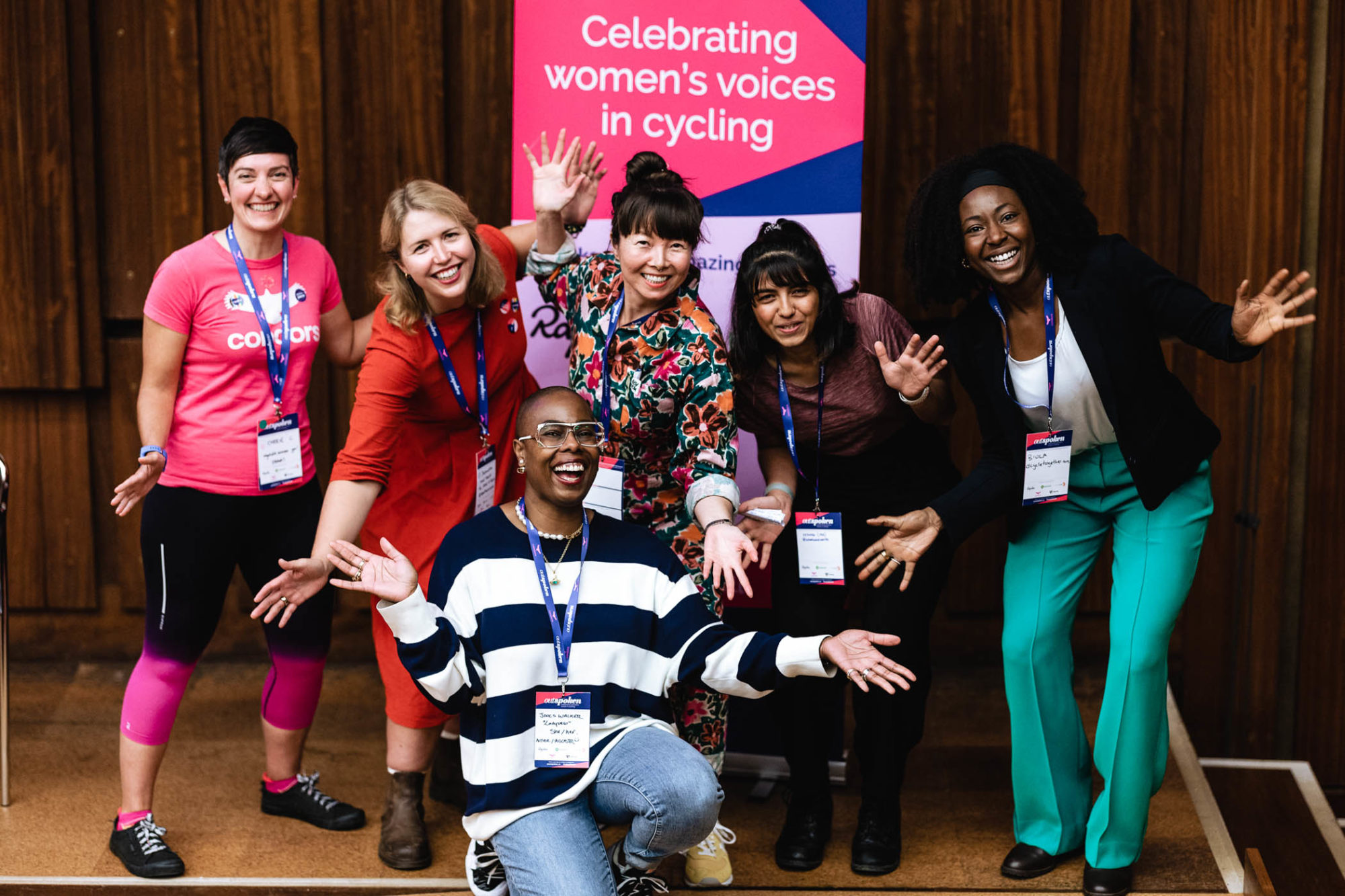
Attendee Takeaways
Words by Soairse Pottie (@going.pottie)
Listening to so many incredible women was unbelievably inspiring, and I took so much away from the event.
Be mindful when sharing your story
The conference kicked off with Emily Chappell taking us on a journey through her adventures around the world. She talked about the many kind strangers she encountered throughout her travels and retold stories in which traveling as a solo woman had enhanced her opportunities and experiences, rather than hindering them. As a female who dreams of doing a cycle tour, this was music to my ears.
The entire talk was incredibly engaging and inspiring, but for me, the most thought-provoking moment occurred as she wrapped up. Emily talked about how time changes the lens through which we view situations. On the screen, she shared a newspaper clipping in which a Pakistani guard had been killed whilst helping a touring cyclist – a place she had traveled through previously and been kindly helped by similar guards. She urged the audience to be mindful of the communities and to think outside ourselves when considering where to travel and what risks to take.
She also pressed a second and very insightful point – her experiences came with privilege that should be acknowledged. Whilst she had experienced nothing but kindness, people from different marginalised groups, backgrounds, or cultures may not experience the same hospitality, if they were to travel along the same route. It was both really grounding and a refreshing perspective and one I hope to take on board.
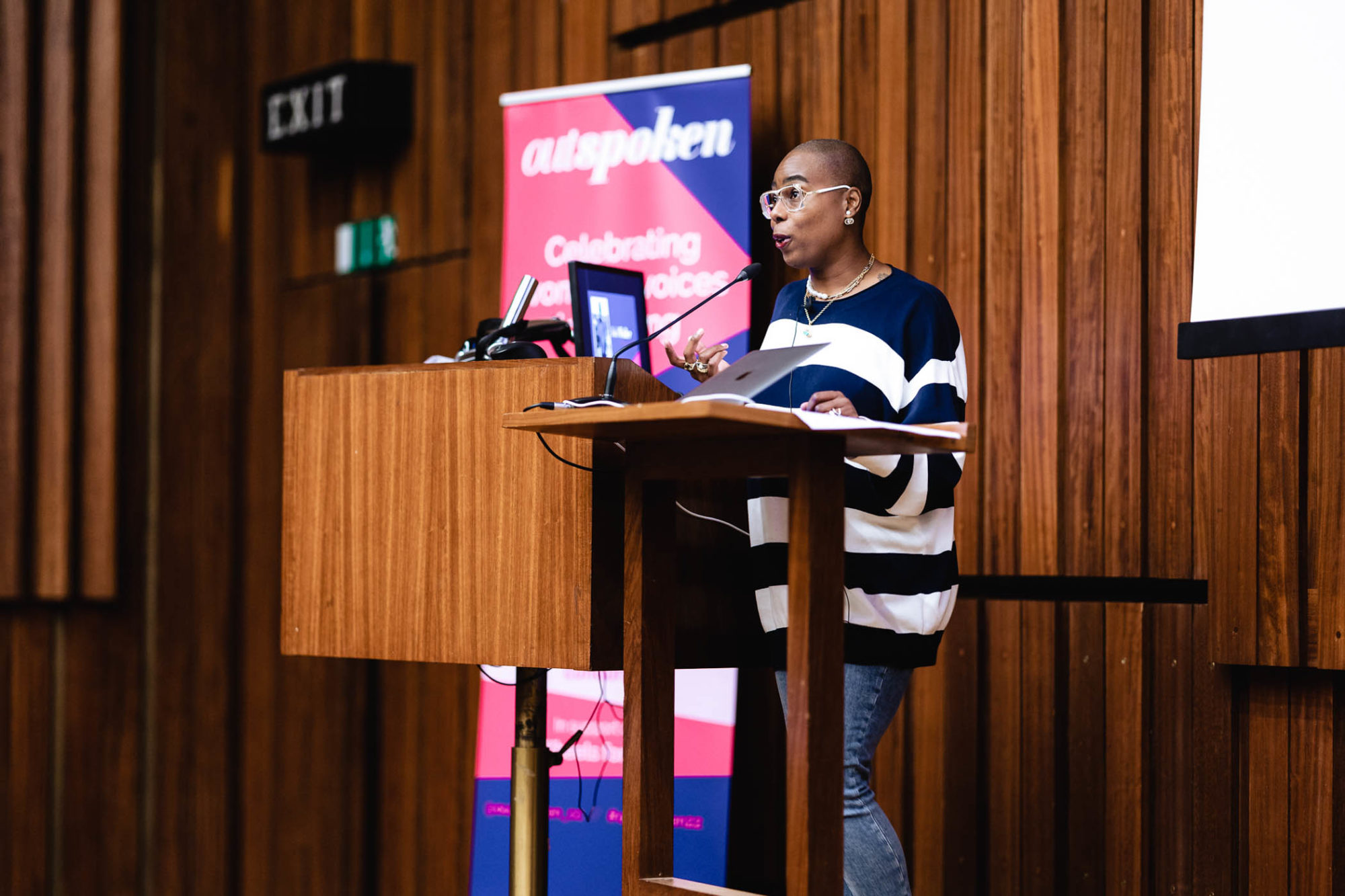
Cycle on your own terms
The event organisers did a fantastic job of bringing together an amazing and diverse selection of speakers, each with their own motivations, goals, and experiences. The one message that was constant throughout was to prioritise the things that bring you joy. In particular, Jools Walker spoke about reclaiming joy, what that meant for her and how it’s okay to reflect and say no to something if you’re no longer enjoying it. “Every day is an adventure. Find your joy, hold on to it and ride those moments.”
The first step is to acknowledge we all have prejudices
During one of the panel sessions, Jenni Gwiazdowski, founder of London Bike Kitchen, was asked how we could create a more welcoming and diverse cycling community. Jenni stated to do this we must first accept that we all have racial prejudices. Regardless of our intentions, we have grown up in a society filled with racial stigma and connotations which even unconsciously, affects how we think and act. To move forwards, Jenni suggested we must first remove the shame, acknowledge our prejudices and accept we are all racist. “The only way you are going to do anything about climate change is if you believe in it and are aware of it, so you can take action – the same can be said for racism.”
If you don’t see it, build it
There were many important conversations regarding community building throughout the day, but all the strands revolve around one main thread: the incredible things that can be achieved when individuals take positive action.
Eleanor Jaskowska told us that, “You don’t need to be the best cyclist, filled to the brim with confidence to bring a community together.” The chances are if you are feeling a certain way or seeking something that isn’t out there, you’re not the only one. Don’t wait or feel like you have to be perfect – it’s actually much more relatable to show you’re on a learning journey too.
Vedangi Kulkarni told the audience, “Next time you turn up to a place and think, ‘I don’t fit in here,’ think about what needs to be improved and what you can do to make this environment better for other people.” So, if you see an issue, think about how you can bring your skills to the table to help solve it. Vedangi is perfect example of someone doing just this – last year she organised the UK’s first ever adapted MTB race after finding out that none existed. When talking about communities, her advice was to, “Create an environment where you would be comfortable with showing up, taking part, being rubbish, and still having a great time.”
I can’t wait to see more communities being created who encapsulate this vibe.
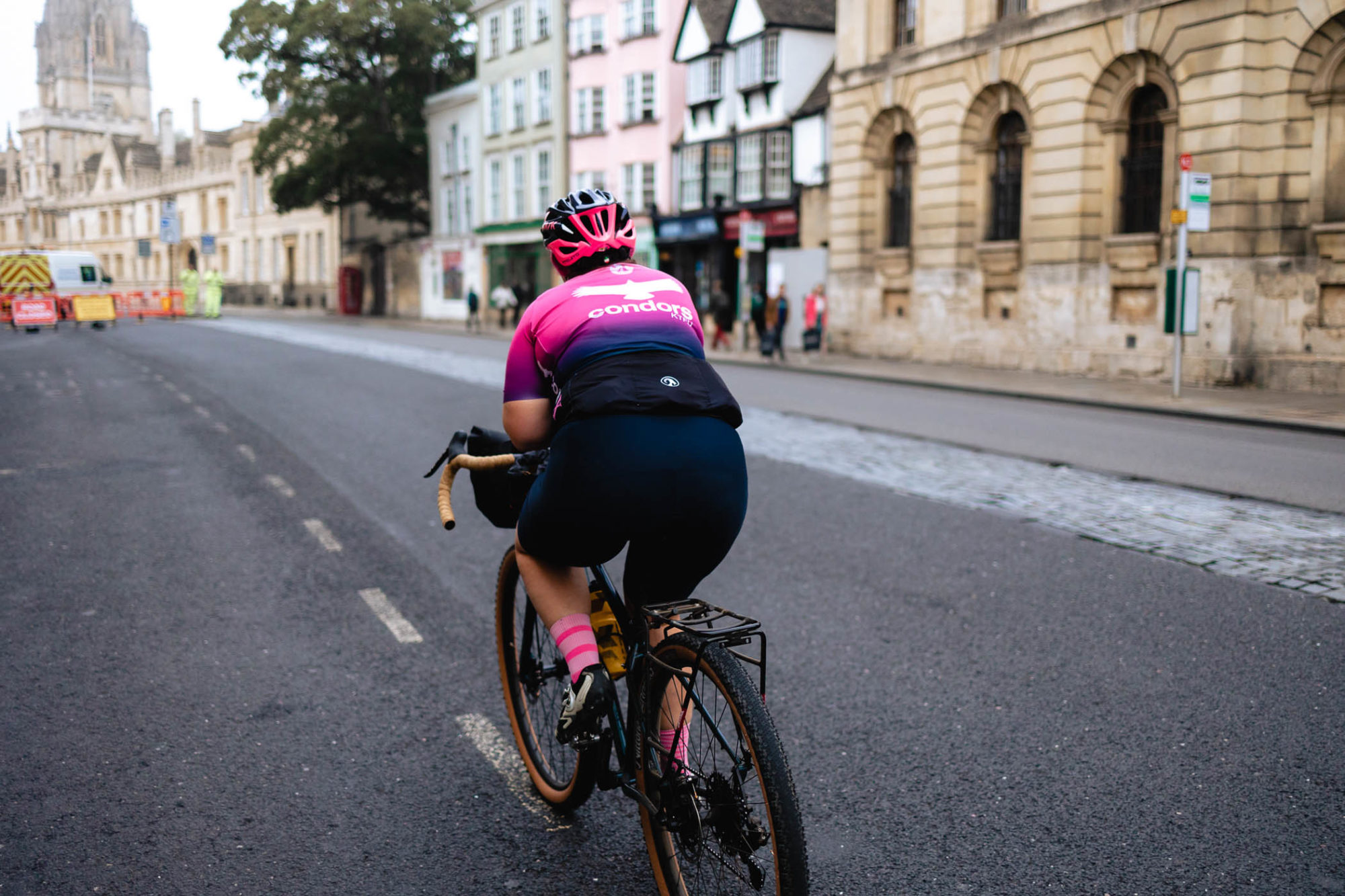
Support brands that are taking action to encourage diversity
Throughout the day, there was a lot of discussion regarding how cycling brands can help break down barriers, improve diversity, and make cycling more accessible to a wider array of people.
Perhaps the most concerning points were those that suggested the cycling industry was encouraging health inequality to grow between different members of the community by not providing adequate gear or helping to create a place of belonging.
Financially: Members of the audience talked about how the cost of living was affecting their ability to participate in cycling. In particular, this was affecting families with multiple young children whose gear regularly needed to be replaced as they grew. The financial barrier prevents poorer people from engaging with the outdoors and sport.
Visibility: “When you’re in a place where you don’t think you belong, you shrink, but when you’re in a place where you think you belong, you bloom.” —Jenni Gwiazdowski
Brands have a responsibility to show that the cycling industry does not just belong to one section of the community. You can ride a bike regardless of age, gender, race, size, physical impairments, or neurodiversity. Brands should reflect this diversity across their campaigns and when supporting the community.
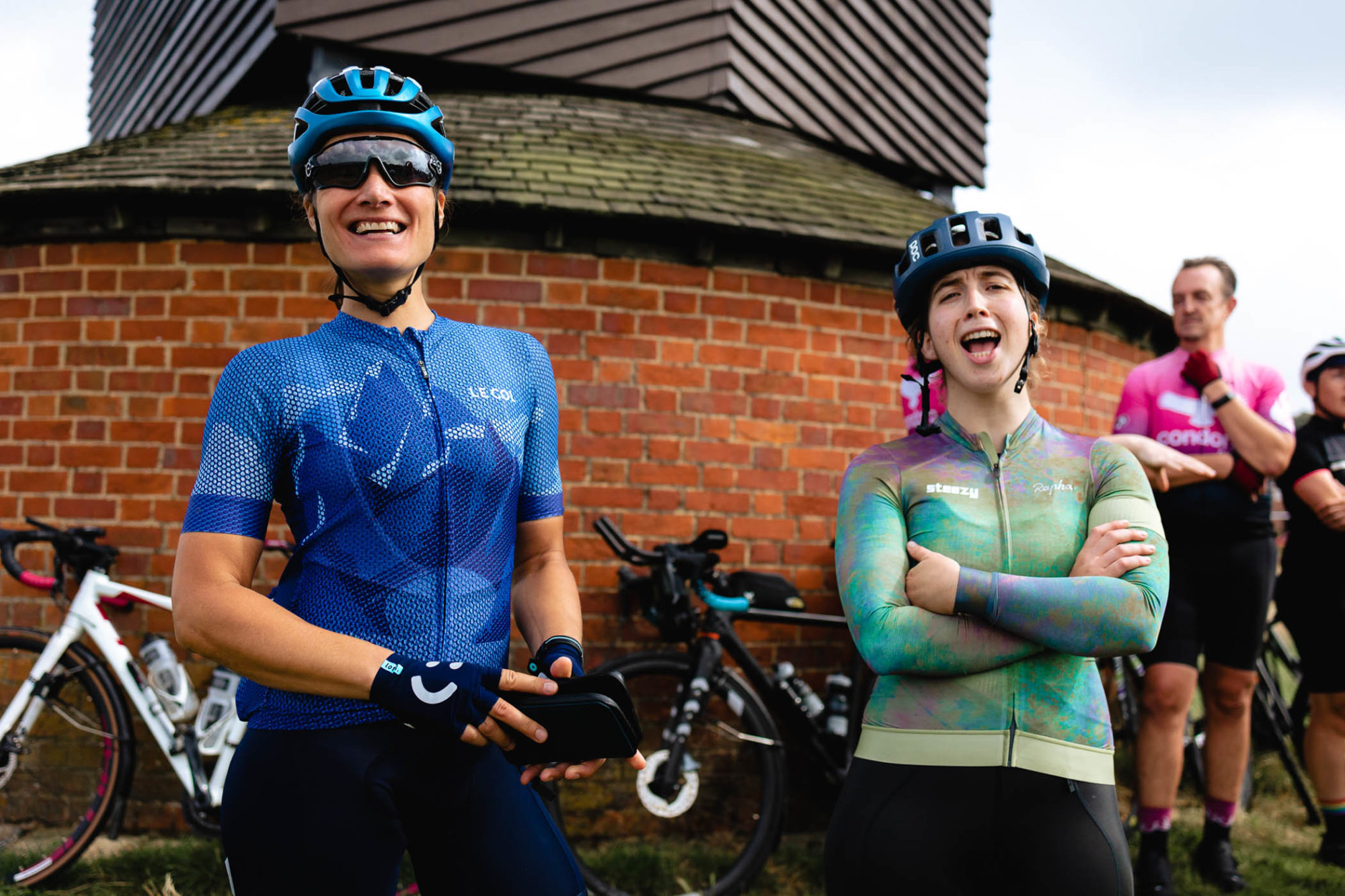
Action: It is not enough for cycling brands to say that they want to see diversity. They must also provide adequate gear to allow this to happen. For example, 40% of the female population in the UK wear size 16 clothes and over, yet the majority of cycling apparel brands do not provide garments over size 16. This reinforces the idea that cyclists must look a certain way and discourages a large portion of our population to engage with cycling, thus negating any health benefits that could have been received.
Whilst there is still much work to be done, it was also acknowledged that we’re taking steps in the right direction. I wanted to end on a positive note with a quote by Mel Nicholls, a Paralympian, ultra-cyclist, triathlete and all round badass: “There is always a way; it might take longer, but barriers can be turned into possibilities, so believe in the possible.”
“It was incredible to be part of Outspoken and in particular to participate in such an accomplished panel discussing community building. This topic is dear to my heart as the Cycle Together community is in its infancy. We are creating a safe and inclusive space where people from marginalised groups can be open about their challenges getting into cycling, with the knowledge that they will be met with kindness and support from our members. The importance of patience and actively listening came to the forefront as well as the need to have a focus.
Being inclusive to all is important, but especially if you want to build an authentic community that brings in marginalised groups, having a focus is key. This means that you can channel limited volunteer resources on making a concerted difference to draw these groups into cycling. Another reason to focus is it takes time to build communities. You need to build trust and learn about the group by actively listening to what they need, not what you want to provide. Then, year after year, you build on the wins and learn from the challenges and you slowly but sustainably grow. As Jenni from the London Bike Kitchen highlighted, ‘Change takes a long time'”. –Biola Babawale, Panelist
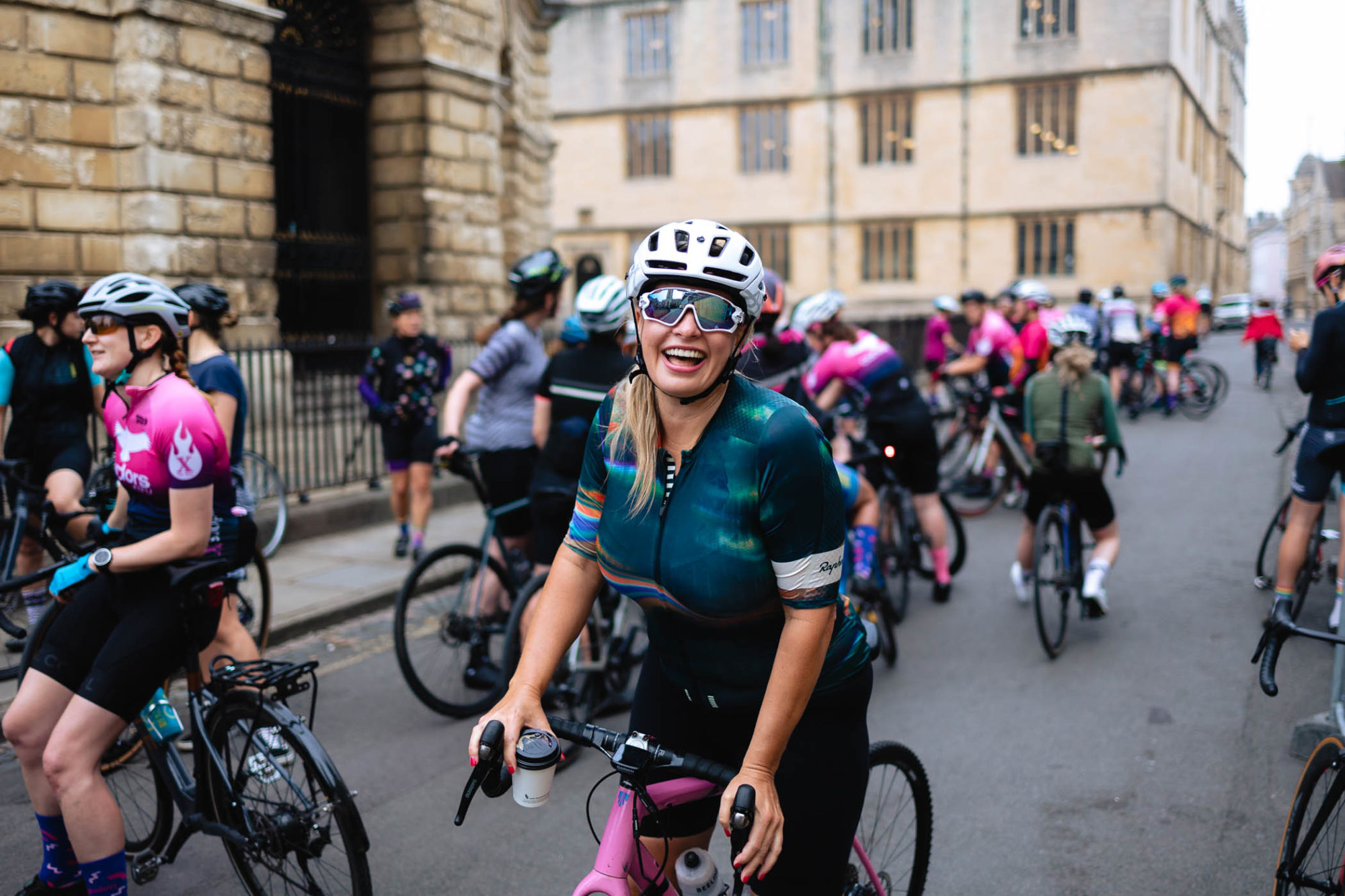
“Outspoken was an incredible, well-organised, empowering event. The panel selection was great: they had speakers from grassroots communities, national athletes, mechanics, charities, and varying organisations sharing experiences and inspiring attendees and each other. The organisers had thought about every detail to make sure this was a successful seamless event; they provided everyone with notebooks, pens, name badges, great snacks and plenty of networking time. After amazing talks, we had the option to attend an evening social in the heart of Oxford and join the group rides the next day. A weekend well spent, I went home with a spring in my step feeling motivated for all things bike. ” —Vee Lowe, attendee
You can find all the videos from the event on YouTube and learn more about Outspoken at Outspoken.co.uk.
Please keep the conversation civil, constructive, and inclusive, or your comment will be removed.



